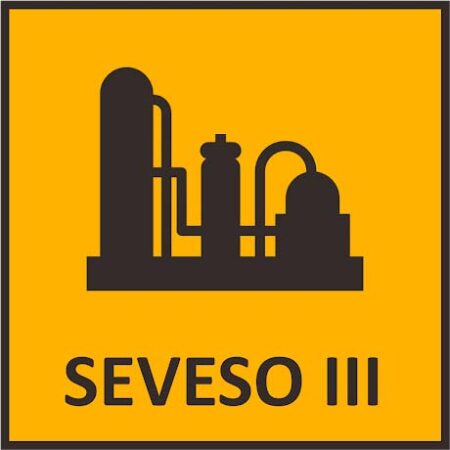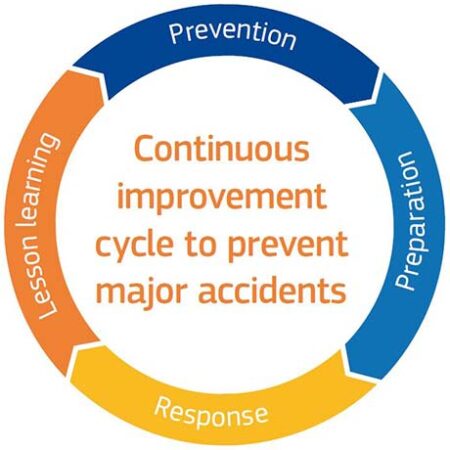Complete solutions of distribution centres and Transportation of Dangerous Goods (SEVESO, ADR, ATEX).
A Warehouse and a Distribution Centre are defined as facilities, covered or exposed, including parking areas for vehicles, trailers and containers of any type, which exclusively serve one or more main Logistics activities.
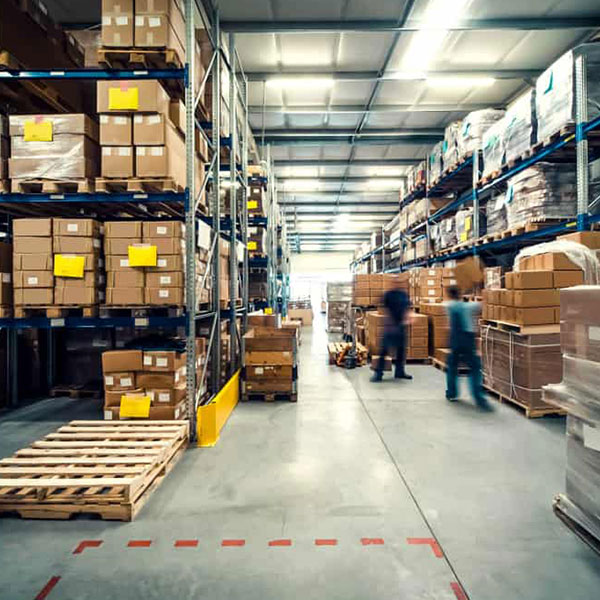
The Consulting Engineers of Kotsakostoudis K. Vassilios & partners ADVISOR ENGINEERS company, knowing the modern needs of the Warehouses and the Distribution Centres, undertake with expertise the research to find the appropriate space for the activity of storage – distribution – Logistics, the design of the company’s premises based on the general and special regulations and specifications in order to fully harmonise the operation of the business with the existing legislation as well as the processing of the licencing process (drafting of technical studies and memoranda, obtaining the required approvals, etc.).
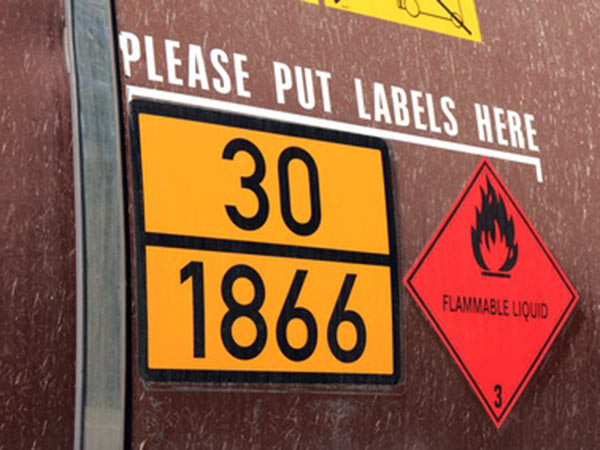
The assignment of duties of a Safe Transportation of Dangerous Goods Consultant (ADR Consultant) is mandatory for all companies whose activities include the road, rail or water TDG, or loading and unloading operations connected to the transportation, in accordance with the legislation (P.D. No 104/99 A 113/4.6.1999, ADR Agreement). The ADR Consultant is responsible for contributing to the prevention of risks to people, properties and the environment. For this reason, the ADR Consultant:
- examines if the rules for the safe TDG are applied (ADR Agreement, Legislation – Harmonisation of national legislation with EU directives, etc.)
- advises the company for the storage and transport operations (types of packaging, groupage, excluded quantities, etc.)
- takes care of the submission of the necessary data to the Authorities (notifications of assumption of duties, annual reports on TDG, etc.)
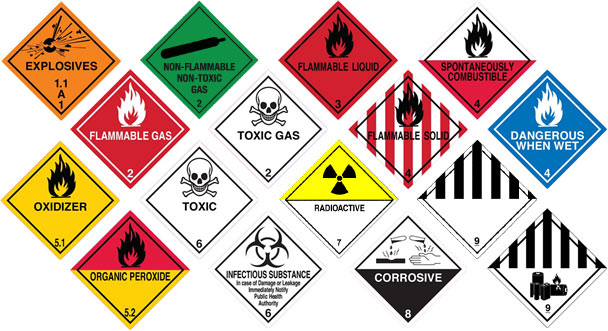
In the context of taking on the duties of an ADR Consultant from the Kotsakostoudis K. Vassilios & partners ADVISOR ENGINEERS, the experienced Consulting Engineers, with consistency and responsibility, undertake the control of documents and procedures, providing comprehensive and highly technical support in the above areas, always adapted to the needs of each company. Specifically, an ADR Consultant checks:
- the procedures for compliance with the rules for identifying transported dangerous goods
- the route documents and transport certificates/forms kept by the company
- the company’s practice to take into consideration the purchase of transport or/and storage means, of any special need in relation to the transported dangerous goods,
- the procedures for selecting the material/ type of packing for the TDG or for loading and unloading,
- the staff training in security matters, which is recorded in their file,
- verifying whether the personnel involved in the TDG or the loading and unloading of these goods follow the procedures and detailed orders,
- raising awareness of the risks associated with the TDG or the loading and unloading of such goods,
- the implementation of appropriate emergency procedures in the event of accidents or incidents that may affect safety during the TDG or during loading and unloading,
- the analysis and, if necessary, the report of the accidents, incidents or serious violations found during the TDG or during loading and unloading,
- the implementation of appropriate measures to prevent the recurrence of accidents, incidents or serious violations,
- the consideration of legislative requirements and special needs in relation to the TDG when selecting and using subcontractors or other intermediaries,
- if the inspection methods are applied in means of transport, in the documents and safety equipment that must accompany the transports and the compliance of these documents and equipment with the relevant regulations,
- if the inspection methods to ensure compliance with the rules regarding loading and unloading operations are applied.
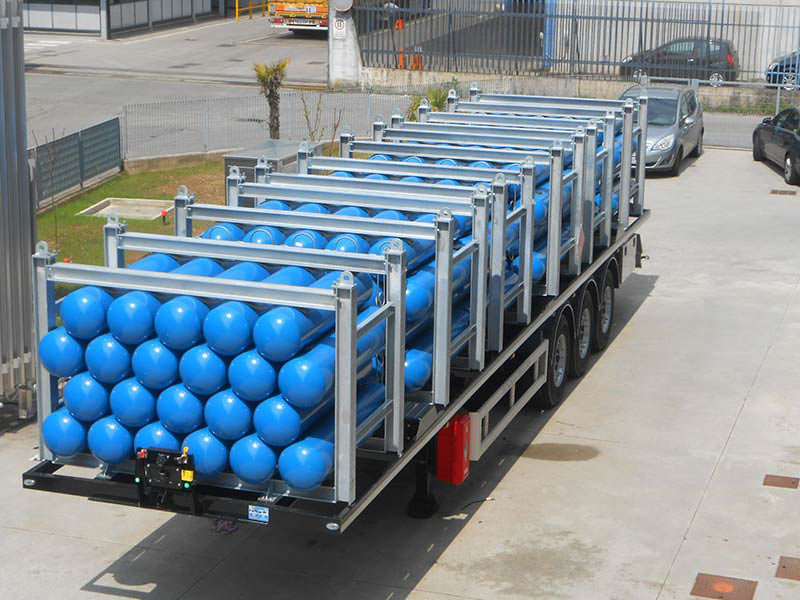
The above services are provided in the visits of the ADR Consultant to the company’s facilities, which are adapted to the needs of the company based on the size and the activities of loading, unloading and transport, as according to the legislation, the presence of the ADR Consultant is not required at a specified time.
Any facility that processes, uses, or manufactures materials that can create a flammable atmosphere, such as gases, mists, liquids, and fine fibres (dusts), may have a potentially explosive atmosphere. The equipment used must be weighted so that there is no possibility of explosion. The equipment must be designed to be strictly safe and include current limitation devices to stop sparks.

Before using the equipment in any hazardous area, it must be strictly checked and tested by a registered ATEX test laboratory (99/92 / EC ATEX 137, 94/9 / EC ATEX 95). The term ATEX comes from the initials ATmosphère EXplosive in French, which means explosive atmosphere. The explosion protection document – ATEX Study, concerns the protection of the Health and Safety of employees who may be exposed to the risk of explosive atmospheres at work.
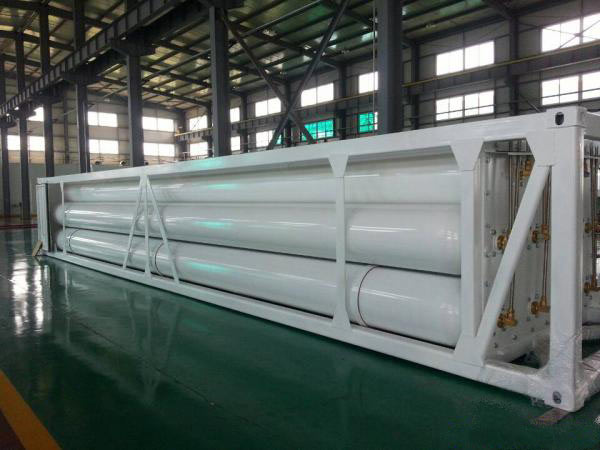
After an on-site inspection of the premises to be examined, Kotsakostoudis K. Vassilios & partners ADVISOR ENGINEERS company undertakes the drafting of an ATEX explosion protection document – ATEX Study, according to the legislation, European and international standards for the identification and management of explosion risks. As part of the ATEX study, our company evaluates:
- the possibility of creating explosive atmospheres and their duration,
- the possible ignition sources and their activation,
- the facilities, the substances used and the work methods, and their possible interactions as well.
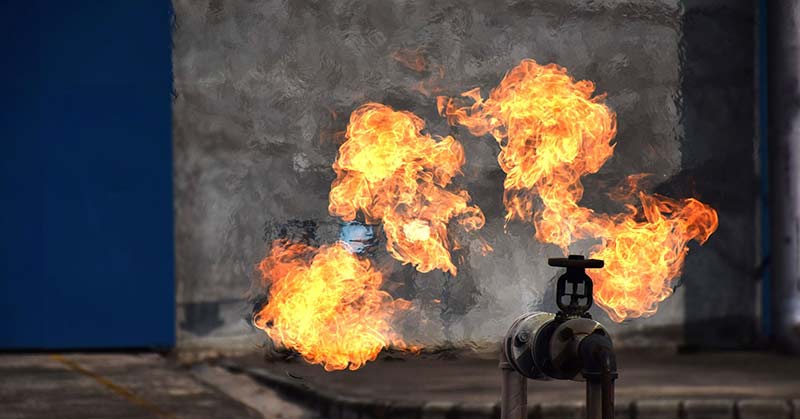
In the ATEX explosion protection document, the following are mentioned:
- the risks of explosions,
- the necessary measures to protect employees,
- the areas that have been classified into zones (area classification),
- the technical and organisational measures and the areas in which they are applied.
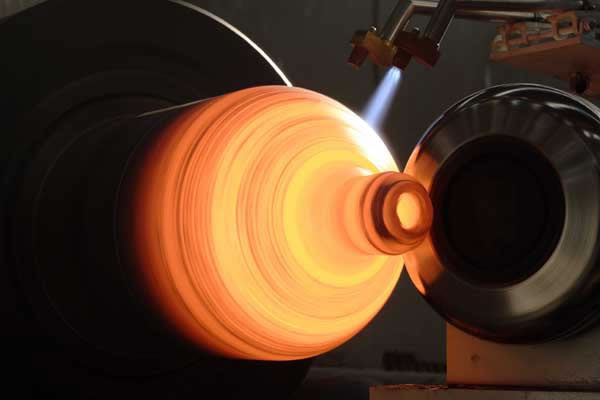
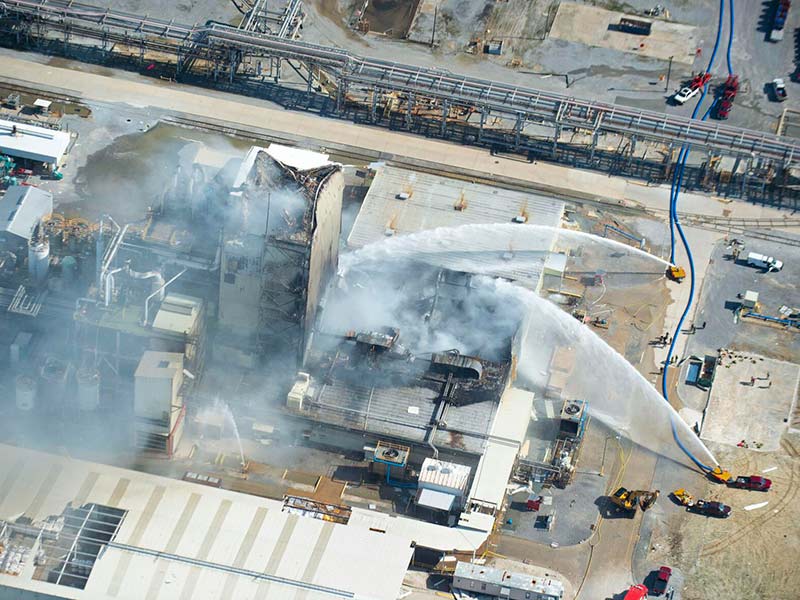
The SEVESO Community Directive concerns safety issues of industrial facilities and Major Industrial Accidents (MIA) due to hazardous substances (Government Decree No 172058/2016 Official Gazette 376 B’, European Directive 2012/18/EC). It is the basic tool for determining the risk of MIA and assessing its effects on humans and the environment. Based on the above Government Decree, whether or not a company falls under the obligations of the specific legislation depends on the quantities of dangerous substances it produces or trades. Depending on the quantities, these businesses are divided into two categories:
First category of business: submission of «Notification»
The SEVESO Notification includes indicatively:
- data on the hazardous substances in the facility or that may result from potential accidents
- the amount and physical form of the dangerous substances
- the description of the activity which is practised
- information and data on the immediate environment of the premises (neighbouring facilities, description of land uses in the wider area)
- assessment of the possibility of causing a major accident, due to the location of the facility and its proximity to other dangerous facilities (domino effect).
Second category of businesses: submission of a «Security Study»
The SEVESO Safety Study includes detailed scenarios in the event of an accident. In particular, the content of the study must demonstrate that:
- the policy to prevent a major accident and a safety management system for the implementation of the policy are implemented
- the risks of a major accident have been identified and the necessary measures have been taken to prevent and limit their consequences for humans and the environment
- the design, construction, operation and maintenance of industrial facilities provide sufficient reliability and safety
- internal emergency plans are in place so that necessary measures are taken in the event of a major accident
- sufficient information has been provided to the competent authorities so that they can decide on the establishment of activities or on arrangements around existing facilities
- in case of proximity of the facility to other dangerous facilities (domino effect), the nature and extent of an overall risk of a major accident has been taken into account.
The Kotsakostoudis K. Vassilios & partners ADVISOR ENGINEERS company has experienced and specially trained staff for safe compliance with the SEVESO Legislation. The well-qualified scientific staff of the company undertakes the drafting of the necessary documentation, the monitoring of the opinion process by the competent bodies, and the final validation of the dossier of notification and registration of the Safety study.
